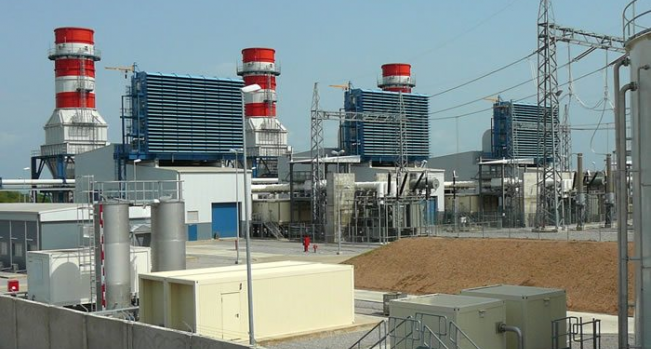Business
Power supply to Niger Delta to receive boost, as GE revives gas turbine

Power supply to the Niger Delta area could receive a boost anytime soon as General Electric Company has just completed the rehabilitation of three power plants belonging to the Niger Delta Power Holding Company (NDPH), the Nigerian Investment Promotion Commission reported on Monday.
NDPH, at a total installed capacity of 4.0-gigawatt, holds nearly 35% of Nigeria’s full generating capacity.
The revamp was conducted through an upgrade of three 9E.03 gas turbines, used in the transformation of natural gas to mechanical energy, in Sapele, Delta State and Calabar, Cross River State.
It also involved stage three bucket changeouts on three gas turbines in addition to a combustion checkup.
It is hoped that the newly delivered project will enable the NDPHC to scale down the unforeseen downtime threat from the power plants, consequently bolstering the facilities’ dependability and efficiency in electricity production.
Read also: Epileptic power supply will soon be history in Nigeria, Buhari promises
The power generation company will also be looking to the rehabilitated plants in obtaining and securing up to 360-megawatt of electricity, equivalent to the output needed in powering about two million houses.
Yet, the potential relief such a project could offer to a population that large might come at a huge cost in light of a proposed nationwide power tariff hike, whose implementation was suspended about one week ago for a fortnight following negotiations between the Nigerian government and the Nigerian Labour Congress.
Chiedu Ugbo, the NDPH managing director, said Wednesday while inspecting the Olorunsogo Power Plant that electricity consumers’ tariff must be cost-reflective with costs of the value contributed by the transmission, generation and distribution processes factored into end-users bill.
“Electricity is a commodity and it has to be paid for. It is a commodity and it has cost associated with its distribution, transmission and generation along the value chain.
“Money does not come from any other source apart from that end user tariff and the end user tariff must cover that cost. Gas cost forms about 70 per cent of every investment we have.
“So whatever tariff is agreed between the distribution company and the Nigeria Electric Regulatory Commission (NERC) must have taken into consideration the cost of gas across the value chain.”
Join the conversation
Support Ripples Nigeria, hold up solutions journalism
Balanced, fearless journalism driven by data comes at huge financial costs.
As a media platform, we hold leadership accountable and will not trade the right to press freedom and free speech for a piece of cake.
If you like what we do, and are ready to uphold solutions journalism, kindly donate to the Ripples Nigeria cause.
Your support would help to ensure that citizens and institutions continue to have free access to credible and reliable information for societal development.






















